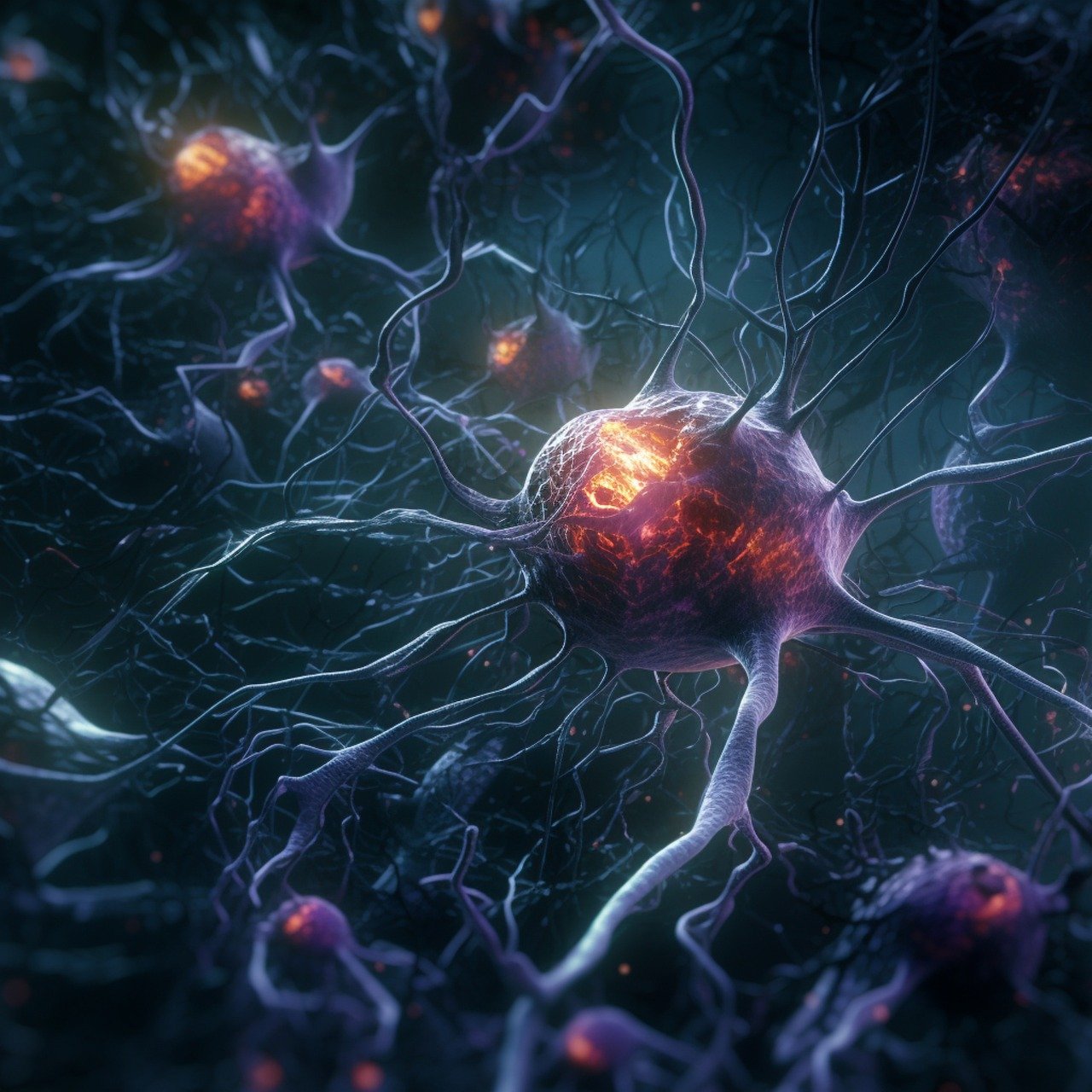A new study in neuroscience has found a connection between breathing and changes in the brain in rats. The research suggests that breathing can affect how the brain works.
Brain and Breathing
Breathing is something all living things do. Scientists know that the brain controls breathing, and it can also affect how different parts of the brain work. But, they didn’t know which parts of the brain are involved. To find out, scientists used a method called functional magnetic resonance imaging (fMRI). It’s a way to see what’s happening in the brain without surgery.
But there’s a problem with fMRI. It can pick up things like body movements and changes in the brain’s CO2 levels caused by breathing. These things can make the data from fMRI not very accurate.
So, in this study, scientists used fMRI along with measuring electrical signals in the nervous system and a device to track the rats’ breathing while they were resting. This helped them figure out which parts of the brain were active because of breathing.
The scientists hope that this research will help us understand how breathing affects the entire brain. This can tell us more about the relationship between brain activity and non-invasive brain imaging, like fMRI.
The results showed that there’s a specific pattern of brain activity linked to breathing. This pattern is different from the effects of CO2 changes and body movements. The scientists discovered a “breathing-related brain network” that’s connected to the gamma-band neural activity in a part of the brain called the cingulate cortex. The gamma and breathing signals also match with the activity of different groups of neurons seen with fMRI.
When the brain’s activity was stopped, but the rats kept breathing, this “breathing network” also disappeared. This shows that the network is related to the brain’s activity.
The scientists think that this breathing-related brain network might be connected to various brain disorders and could be important in clinical work.
The lead scientist, Nanyin Zhang, also suggested that the connection between the cingulate cortex’s activity and breathing rhythm might influence our emotional states. When we are anxious, we often breathe faster, and when we concentrate, we tend to hold our breath. This shows that breathing can affect how our brain works and how we feel.
In the future, researchers might look at how breathing affects the brain in people while they meditate. Meditation often involves focusing on your breathing, and this study could help us understand how it changes brain activity.
The study was conducted by Wenyu Tu and Nanyin Zhang and was published in the journal eLife.





Brayan Newton
xsjtJypcTJjPEWLRqMVWlkdcc
Buy Myambutol Online – Special offer: Save up to $498 – buy antibiotics online and get discount for all purchased!
Harley Taylor